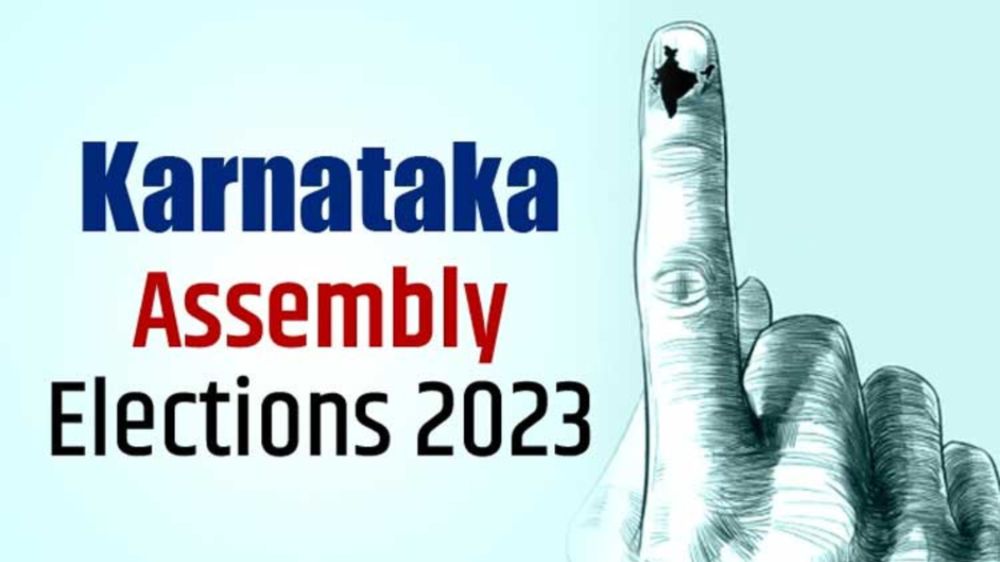Season ripe for political barbs
India’s elites notice only the lack of graces among those challenging them but fail to realise the rage that is powering their assault on institutions of power.

NEW DELHI: The Karnataka elections have rung open the season of political insult and invective, which promises to keep us engaged right through to the Lok Sabha polls next year.
Already, PM Narendra Modi has compiled a list of 91 insults flung at him, which presumably include Mallikarjun Kharge’s likening of him to a snake and Arvind Kejriwal’s campaign to paint him as an anpadh (illiterate) PM. No slouch at delivering insults himself, Modi has been quick to affect maudlin hurt over being thus described.
Ever quick to turn their noses up over a slip of decorum, India’s chatterati have in the same vein been mighty miffed over Modi’s joke about a professor who was disappointed that his daughter’s suicide note misspelled a word.
Defenders of propriety in public life will bemoan the exile of nicety from electoral politics but, alas, it’s not patently a big issue with the voters. We wouldn’t have rape and murder accused men in Parliament if it were. Voters don’t vote on the basis of decorum, and it’s futile to expect a nation of rude realities to be hung up over high standards of nicety.
The youth of Karnataka, whose labour participation rate has dipped to 13 percent, or the gem workers of Surat, 30 percent of whom have lost their jobs, can hardly be expected to prioritize good manners quite in the same way as the St Stephanian conscience-keepers would have them.
This is not to say that the language and invective employed by politicians in their electoral campaigns is not important.
They are important not quite as a barometer of the health of our politics but as a reflection of the elite vs subaltern political processes at play. In India, language and cultural references are differently understood by different classes and can simultaneously impress one and offend the other.
So, Kejriwal’s clever put-down of Modi’s educational attainments may raise a chuckle from the 5 per cent or so of Indians who can meaningfully access premium education, but it can be insulting to the majority who have no hope of it.
The fact is that insults are weapons of class warfare. Behind that exterior of clever coinage of words, they conceal a core of class disparagement. People of privilege often employ classist innuendo believing it to be a sign of a sense of humour, but the joke is often lost on the poor.
In fact, the joke is often on the poor. Back in 2014, just the use of one word, chaiwala, by Mani Shankar Aiyar to describe Modi served to define India’s politics as a subliminal battle between the elites represented by the Congress party and the conservative hordes of mofussil India represented by the BJP.
The self-same Aiyar did a reprise in 2019 with his ‘neech aadmi’ descriptor for Modi, which added a casteist dimension to the divide as well.
India’s elites notice only the lack of graces among those challenging them but fail to realise the rage that is powering their assault on institutions of power.
They are up against a juggernaut in momentum. Mere putdowns cannot stop it.
It makes no tactical sense either to fight the fight with hurtful words when there is an entire litany of governmental failures to talk about.
Visit news.dtnext.in to explore our interactive epaper!
Download the DT Next app for more exciting features!
Click here for iOS
Click here for Android



